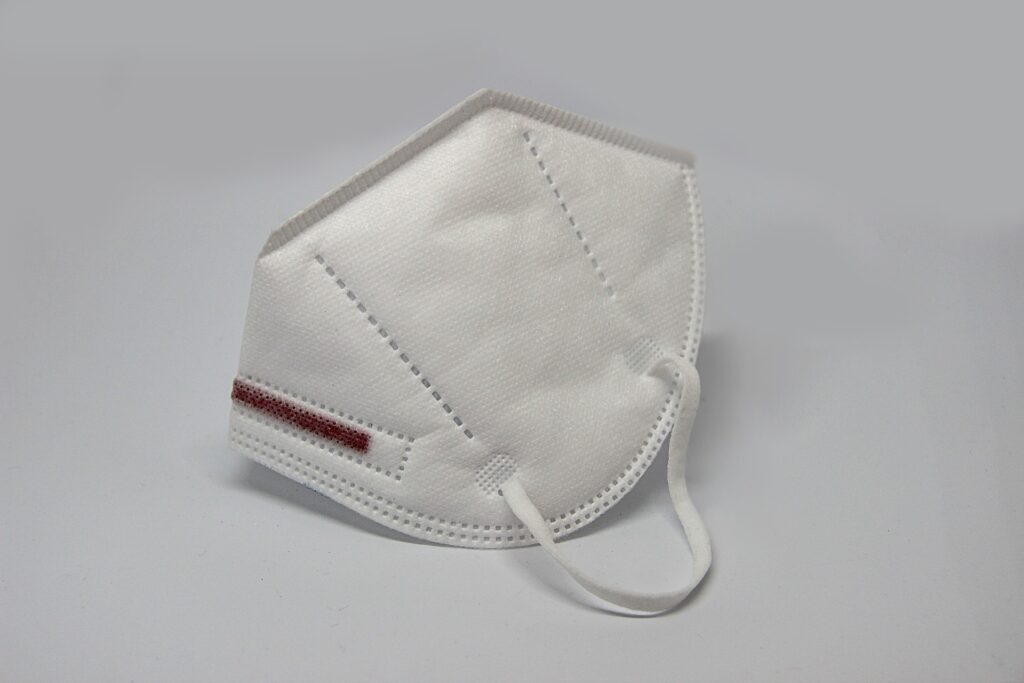The decision of the Directorate-General of Health to reduce the period of isolation of asymptomatic infected and high-risk contacts "has no meaning" in alleviating the workload of Public Health, warned yesterday, December 30, doctors in this area.
«Although there are some professionals who will be freed from constant contact with the isolated, because they spend less time in isolation, the reality is that there are so many people to contact that it is not this three-day reduction that will bring a change to public health », told Lusa the vice president of the National Association of Public Health Doctors (ANMSP).
The General Directorate of Health (DGS) decided yesterday shorten the isolation period of asymptomatic Covid-10-infected persons and high-risk contacts from 19 to seven days, whereas this decision is in line with guidelines from other countries and results from a “technical and considered reflection, given the incubation period of the now predominant variant, Ómicron”.
According to Gustavo Tato Borges, given the current worsening of the epidemiological situation, with a substantial increase in the number of cases in recent weeks, "what was needed was a reinforcement of professionals who were available to make the contacts".
As an alternative to this reinforcement, the vice president of AMSP defended the change in the method of epidemiological surveillance, through the integration of other professionals in teams, for example in the social area, with qualified health technicians to monitor positive cases and for the first contacts with people at high risk.
Speaking to Lusa, Gustavo Tato Borges also considered that the DGS' decision to reduce isolation from 10 to seven days was "relatively prudent", compared, for example, with the reduction of that period to five days adopted in Madeira or in the States United.
“Here we are playing a game of odds and trying to balance health protection with normalizing as much of our life as possible. In this game, there are some risks and the DGS took a risk in reducing the isolation, but a risk that, despite everything, is prudent and was not exaggerated in cutting the isolation”, said the doctor.

















Comments